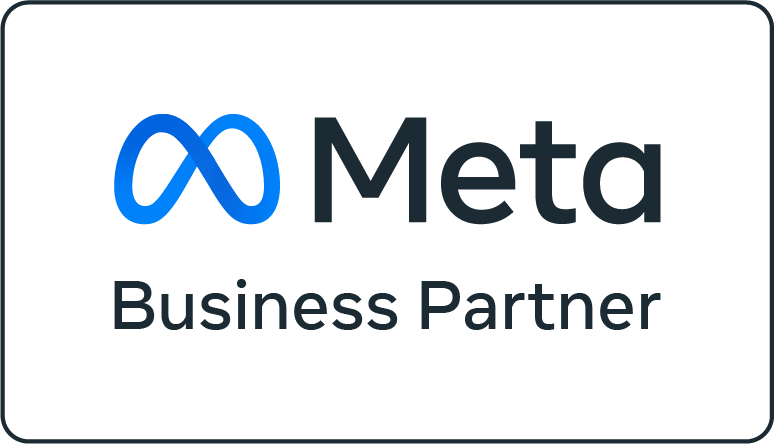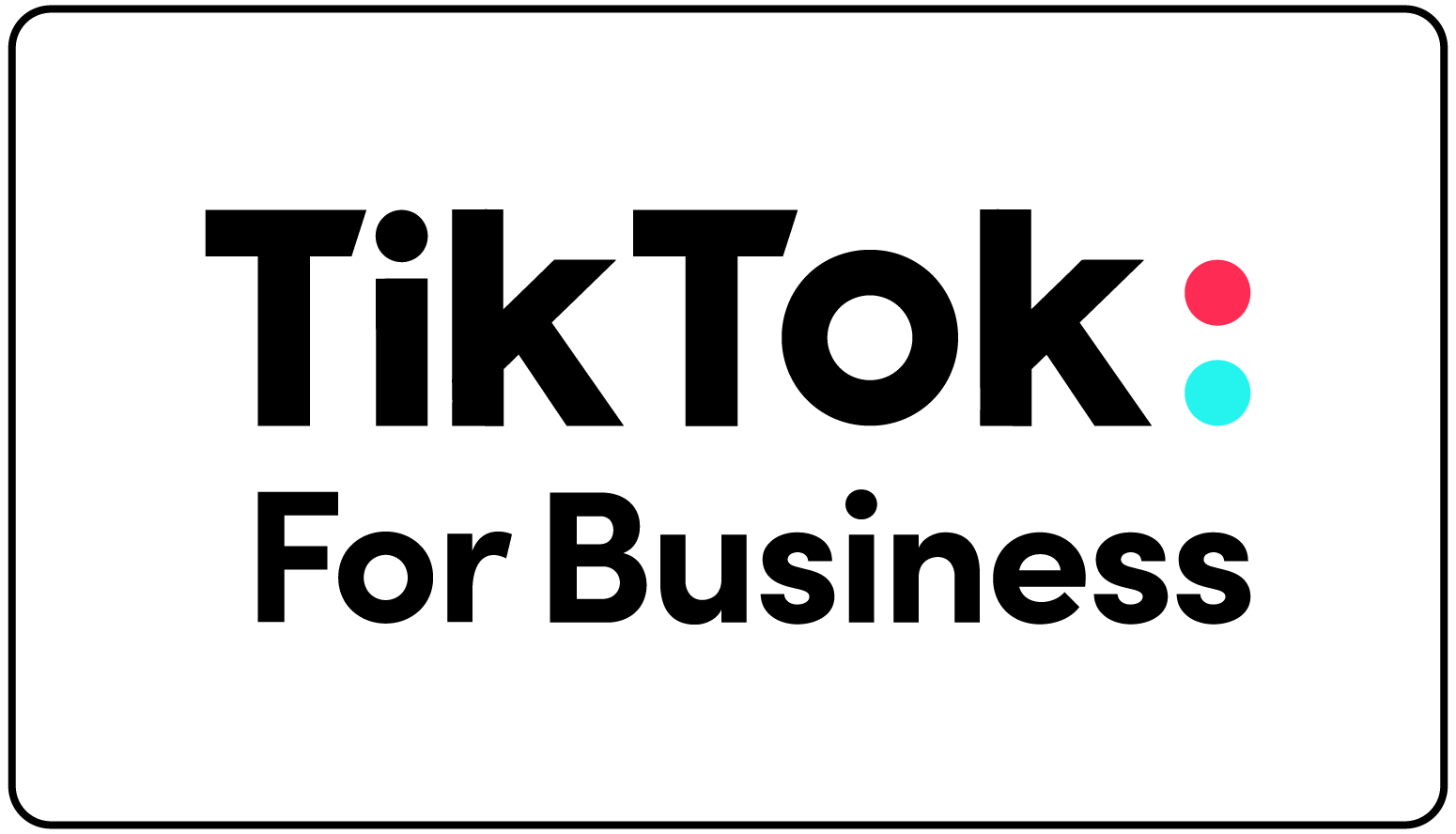Latest Matchnode Updates: Keeping Up with Meta’s Changes
As Meta’s messaging on healthcare data restrictions continues to evolve, Matchnode remains at the forefront of discussions and solutions. Meta’s stance on these restrictions has slightly softened under the new U.S. administration. While we won’t get into specifics, there’s a broader acceptance of using custom conversions and events creatively within the platform’s evolving guidelines. Here are the latest updates and insights from our team:
February 2025: Meta’s Data Changes Are Days Away
Meta has continued to update such as changes in the ad platform and will impact ad performance if they don’t already. If you’re a digital health company or fall under partially restricted advertising, these updates will impact how you track conversions and optimize campaigns.
Real-Time Event Speed is Now Essential
Meta now prioritizes event speed for ad performance, but for many advertisers, event delays are still an issue. With pixel redundancy no longer an option, businesses must improve their Conversions API (CAPI) event speed:
- Real-time (0-5 seconds): Best for attribution and machine learning.
- Near real-time (5-30 seconds): Still effective but with minor delays.
- Delayed (30 seconds – 1 hour): Reduces accuracy, especially for retargeting.
- Batch processing (>1 hour): Poor for real-time optimization.
Many advertisers in digital health have noticed that CAPI default event speed is around one hour, which can negatively impact performance.
Actionable Steps:
- Ensure server-to-server (S2S) connections instead of batching via third-party tools.
- Monitor CAPI response times in Meta’s Events Manager.
- Without pixel redundancy, real-time event delivery is more critical than ever.
Domain URL Parameter Removal – A Key Tracking Shift
One major change is the removal of domain URL parameters, which previously indicated where conversions were happening. This impacts funnel tracking, landing page optimization, and conversion analysis.
- Without domain URL parameters, advertisers can no longer create custom conversions based on this data.
- Custom conversions are now shifting into custom events, requiring a strategy shift.
The Switch is Here – Standard Events Are No Longer Accepted
If you clicked Meta’s 30-day extension, the transition is now ending. Standard events are being permanently unavailable from optimization, meaning:
- Meta will no longer accept standard event data for targeting and optimization.
- Businesses must switch to custom events and custom conversions to maintain tracking.
This is happening automatically inside accounts, so ensuring both your tracking and overall campaign strategy are updated is critical.
Legacy Campaigns Will Remain Active, But Won’t Receive Event Data
While legacy campaigns won’t be turned off, they will stop ingesting events. This means that while ads may still run, they will not optimize using conversion data.
Our team has been actively monitoring these changes, collaborating with the Ours Privacy Team, and we’re seeing a consistent shift in data trends.
January 10, 2025: Meta Officially Announces Enforcement Timeline
and 30-Day Extension Option
Meta has officially announced the enforcement timeline for the additional data sharing restrictions, set to begin between January 13, 2025 and January 20, 2025. This confirms that the rollout will occur in phases, with different data sources being impacted on different dates within this window.
Crucially, Meta is offering a 30-day extension option for advertisers who need more time to adapt. This extension can be requested through a “Request more time” button that will appear in Events Manager starting January 6, 2025. The button will be visible for seven days, and clicking it will add 30 days to the remaining time before enforcement on that specific data source. It’s essential to act promptly and request the extension as soon as the button appears to maximize the preparation window.
Key Points to Remember:
- Each data source (pixel or app) has its own extension request. Advertisers must request extensions for each impacted data source individually.
- Sales representatives cannot see or request the extension. Advertisers must log into Events Manager themselves to check for the button and request the extension.
- The extension does not affect data source categorization reviews. Advertisers can still request a review of their data source categorization even if they’ve requested an extension.
Meta’s communication emphasizes the importance of reviewing data source categories in Events Manager. This helps Meta determine the appropriate data sharing restrictions and ensures advertisers are prepared for the changes.
The 30-day extension provides a welcome reprieve for advertisers, offering valuable time to refine strategies and ensure compliance before the restrictions are fully enforced. However, it’s crucial to use this time wisely and proactively adjust campaigns to minimize potential performance disruptions.
December 9, 2024: Timeline Extension and Custom Event Updates
Meta has provided additional updates regarding its data restrictions, including a slight adjustment to the enforcement timeline and more clarity on custom events.
Here’s what’s new:
Timeline Extended:
- Advertisers will have the option to delay the restrictions by 30 days using a “more time” button available in early January. This pushes enforcement for some campaigns to February 14-21, coinciding with the U.S. administration change in January.
- This delay offers a brief window for advertisers to refine their strategies and adapt to the new compliance requirements.
Custom Event Naming Rules:
- Advertisers can still use custom events, but these must now go through a registration process and adhere strictly to Meta’s terms.
- Fully restricted websites or apps will not be allowed to send custom events at all. This creates additional challenges for healthcare and healthtech advertisers managing campaigns on such platforms.
December 6, 2024: Meta’s Updated FAQs on Custom Events
Meta has released updated FAQs regarding custom events following the enforcement of third-party data restrictions.
Key reminders include:
- Prohibited Information: Advertisers must not share any prohibited information with Meta, either directly or indirectly.
- Custom Event Naming Rules: Custom event names must not reflect, imply, or be based on any prohibited information, such as sensitive health conditions or restricted data categories.
December 5, 2024: Updates on Custom Events
Chris Madden, Co-Founder of Matchnode, shared new insights from ongoing discussions with Meta:
- Custom Events Remain Flexible: Advertisers will retain control over how custom events are used, provided they comply with Meta’s updated policies.
- Registration Required: All custom events must be registered and cannot share sensitive or restricted data.
- Advertiser Responsibility: Meta emphasizes that advertisers are accountable for ensuring compliance with these new rules.
December 2, 2024: Insights on Adaptation
Kevin T. Holland, Director of Product Management at Holmusk attended the roundtable discussion with Brian Davidson, Co-Founder of Matchnode, reported in his blog that advertisers need to focus on building compliant technical stacks and leveraging tools like CDPs (Customer Data Platforms) and privacy-first workflows. These tools will be critical for maintaining performance under the new restrictions.
November 26, 2024: Expert Roundtable Highlights
Brian Davidson, Co-Founder of Matchnode, joined a roundtable hosted by Adam Putterman, Co-Founder of Ours Privacy, alongside panelists Chris Turitzin, former Chief Growth Officer at Bicycle Health, and Yulia Kachalina, Co-Founder and COO of MedsGo, to tackle the impact of Meta’s upcoming healthcare data restrictions. Key takeaways included:
- Deep Funnel Events Eliminated: Meta confirmed that healthcare organizations will no longer be able to optimize campaigns using deep-funnel conversion events. Without adjustments, most healthcare campaigns on Meta could become ineffective.
- Shift in Messaging on Custom Events: Meta’s language around custom events is changing, with responsibility for restricting sensitive data being placed squarely on advertisers.
- Open questions remain
These changes mark a major shift in how Meta advertisers—especially in digital health—track and optimize campaigns. If you need help adjusting your strategy, let’s talk.
Navigating Meta’s New Data Restrictions: A Guide for Advertisers
Big changes are on the horizon for digital advertisers, and they’re anything but straightforward. Starting January 2025, Meta’s enhanced data-sharing restrictions will fundamentally alter how businesses target, optimize, and measure their campaigns. While the full impact is still unfolding, one thing is clear: these changes will demand significant adjustments, and they may not lead to the same levels of performance advertisers are used to.
The reality is, this shift brings more questions than answers right now. Meta has started sending out notifications and updates within Ads Manager and Events Manager, urging businesses to review their data sources immediately. For digital health marketers who rely on precision targeting and robust analytics, the stakes are especially high.

We’ll continue to update this post as we learn more about the new rules, their implications, and the tools or strategies that emerge to help navigate them. For now, consider this a wake-up call—this transition won’t be business as usual, and it’s time to start preparing for a more privacy-first, and possibly more complex, advertising landscape.
What’s Changing?
In a nutshell, Meta is restricting the types of data that certain websites and apps can share through Meta Business Tools. Notifications are already being sent to advertisers whose data sources may fall under these new restrictions. For digital health, finance, and other industries dealing with sensitive user information, this means certain events used for targeting and optimization may no longer be viable.
Businesses are being urged to review their data source categories in Events Manager to ensure proper categorization. Meta’s systems are designed to flag data sources that may send restricted information, which could impact how effectively campaigns are delivered and optimized. Importantly, ongoing campaigns won’t be paused, but their performance may degrade over time if restricted events remain essential to targeting or optimization.
Why the Change?

At its core, this shift is about data privacy—or so it seems. Meta is under mounting pressure to align with global privacy standards and prepare for evolving regulations. However, the timing and scope of these changes have sparked questions. Traditionally, such stringent requirements—especially for health-related advertising—might be expected from regulatory bodies like the U.S. Department of Health and Human Services (HHS), not a private platform like Meta.
This has left many wondering about the unseen forces driving these decisions. Could Meta be responding to legal challenges, anticipating stricter regulatory enforcement, or feeling the weight of political pressures, particularly with a U.S. presidential election on the horizon? The uncertainty underscores a broader shift in digital advertising, and we’re closely monitoring these developments. As more details emerge, we’ll provide updates on the motivations behind Meta’s actions and what they mean for advertisers.
Is Your Business Affected?
Start by reviewing your source categories in the Events Manager. Meta has begun sending out emails and in-product notifications, so if you haven’t already, log in and check for updates regarding your data sources. This is particularly important for businesses operating in sensitive sectors like health or wellness, as these are likely to face the greatest impact.
Here’s a quick checklist to see if your business might be affected:
- Does your website or app collect or process sensitive user data related to health, finance, or other restricted categories?
- Are your advertising campaigns dependent on data from events such as purchases, registrations, or other actions that could fall under these new restrictions?
- Do you rely on Meta’s Business Tools for tracking conversions or audience targeting?
If you answered yes to any of these, it’s time to act. Review your data sources, check for flagged categories, and prepare to pivot your strategies.
To determine your restriction level:
- Navigate to Events Manager:
Head to Events Manager > Select your Pixel > Settings tab > “Manage data source categories” section > Manage. - Check Restriction Levels:
Categories like “Health & Wellness portals” are fully restricted, meaning no data can be sent or processed. However, “Health & Wellness providers” and “Health & Wellness conditions” are partially restricted, allowing limited functionality.
- Be Proactive:
Fully restricted sources require immediate changes to your campaign approach, while partially restricted sources still offer some flexibility. Meta may provide updates or clarifications, so it’s critical to monitor your account regularly.
While January 1, 2025, is the target rollout date, delays into later months, such as January 31 or beyond, are possible. This unpredictability complicates planning, but it also provides a critical window to adapt.
Adapting Your Strategies
For our digital health clients, we’re not waiting for January 2025 to arrive—we’re already testing these strategies to ensure preparedness. Meta’s restrictions may fundamentally change how campaigns are structured, so we’re actively experimenting with alternative formats and approaches right now.

Get Ready to Build Microsites:
Certain general-purpose websites may allow broader tracking capabilities. For digital health businesses, this could mean developing subdomains or microsites designed specifically to run compliant ad campaigns while maintaining essential tracking functionality.

Leverage Lead Ads:
On-platform signals like lead forms with dynamic logic and filtering are already proving effective. For example, Matchnode successfully implemented this approach for Bicycle Health, driving leads while staying within compliance.

Maximize Other Platforms:
To mitigate the impact of Meta’s restrictions, we’re diversifying ad spend across platforms like TikTok, Google, Reddit, and Pinterest (when relevant). This ensures performance stability while reducing reliance on a single platform.

Experiment with Non-Restricted Events:
View Content optimization, search-related events, quizzes, and app installs are being explored as alternatives to traditional conversion events.

Focus on Top-of-Funnel Strategies:
Video views, reach campaigns, and Messenger Ads with AI bots are being used to build audiences, with retargeting campaigns following later.

Develop Compliant Websites:
If necessary, entirely new websites with legacy conversion optimizations could be built to navigate the stricter requirements.
These strategies are just the beginning. As we learn more about Meta’s guidelines, we’ll refine these approaches and share insights along the way.
- Proactively Optimize: Don’t wait for the rollout—begin testing non-restricted events and alternative targeting methods now. This ensures you’re not only compliant but also ahead of the curve when the changes take effect.
- Monitor and Adjust: Track your campaign performance closely, paying attention to click-through rates, conversion rates, and cost per acquisition. Agility in making data-driven adjustments will be critical to maintaining performance.
The Future of Data Privacy and Advertising
While these changes present challenges, they’re part of a broader trend toward data privacy and transparency. For digital health, this is an opportunity to innovate within the constraints and rebuild trust with audiences. At Matchnode, we see this as a chance to lead the charge, shaping a future where advertising is both ethical and impactful.
Gear up, stay informed, and let’s adapt together to thrive in this new era of digital marketing.
What’s Next?
With formal guidance and updated FAQs expected soon, Matchnode is actively monitoring these developments and testing compliant strategies to keep our clients ahead of the curve. Stay tuned as we continue to share actionable insights and solutions.




